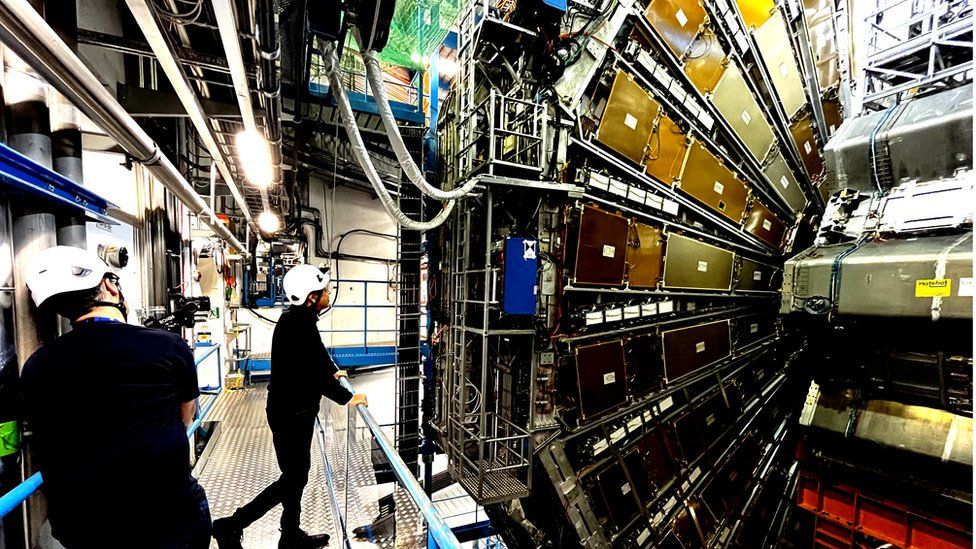-

-
-
Loading

Loading

Scientists at the particle accelerator in Switzerland have submitted proposals for a new supercollider called the Future Circular Collider (FCC). If approved, it will be three times larger than the current Large Hadron Collider (LHC) and aim to discover new particles that could revolutionize physics and give us a better understanding of the universe. However, the £17bn price tag has raised concerns, with critics calling it reckless spending. The money would come from member nations of the European Organization for Nuclear Research (CERN), including the UK. Some experts question whether this investment makes economic sense and suggest there may be cheaper options. The LHC's biggest achievement was the discovery of the Higgs Boson in 2012, but it has so far been unsuccessful in finding dark matter and dark energy. CERN's director general believes the FCC is necessary to address these unanswered questions. The proposal is for the FCC to be built in two stages, with the first stage operating in the mid-2040s colliding electrons together. The second phase would begin in the 2070s using heavier protons to search for new particles. The FCC would be nearly three times the circumference of the LHC and twice as deep, with the increased depth necessary to prevent radiation from reaching the surface. Critics argue that there is no guarantee the new collider will succeed, and some believe the funds should be directed towards more pressing issues such as the climate emergency. There is also a debate among particle physicists about whether a linear collider would be a more cost-effective option. CERN is currently gauging the reaction to the FCC proposal from its 70 member nations.